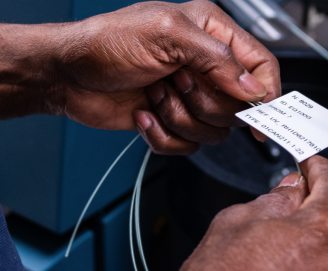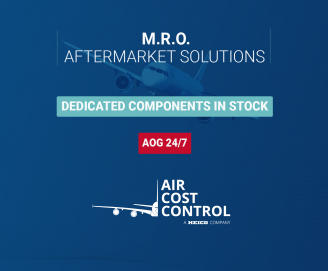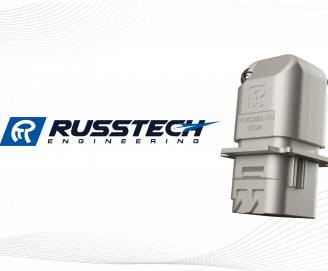The space market is a specialized sector within the broader aerospace industry, focusing on the design, development, and deployment of technologies for exploration, communication, observation, and other applications within and beyond Earth's atmosphere. With the increasing interest in commercial space endeavors, the demand for high-quality electrical products has grown significantly.
Our role as a distributor places us in a pivotal position to bridge the gap between manufacturers of electrical components and the companies involved in space-related projects. Air Cost Control provides outstanding service to customers producing, maintaining, or operating satellite, spacecraft, harnessing shops, laboratories and universities.
Here's an overview of the space market from our perspective as an electrical parts distributor:
Specialized Components
The space market demands high-quality, dependable, and often customized electrical components to ensure the safety, functionality, and longevity of space missions. These mission critical components can include sensors, connectors, cables, switches, power supplies and more. The harsh conditions of space, such as extreme temperatures, radiation, and vacuum, require components that can withstand such challenges.
Supply Chain Management
The space industry operates on strict timelines and quality standards. As a distributor, we play a crucial role in managing the supply chain efficiently. We establish relationships with manufacturers who specialize in space-grade components and ensure a steady supply of parts to meet the demands of various space projects.
Quality Assurance and Compliance
Components used in space applications must adhere to stringent quality standards and often need to undergo extensive testing and certification processes to ensure reliability in the most severe conditions imaginable. Our role includes verifying that the components we distribute meet these standards and have the required certifications, such as those from organizations like NASA, ESA, or other relevant regulatory bodies.









